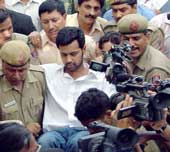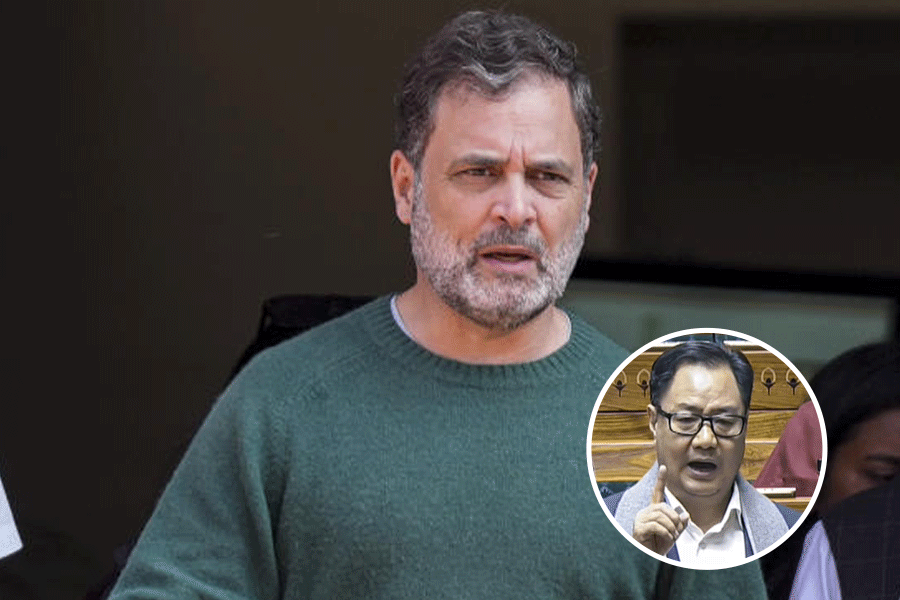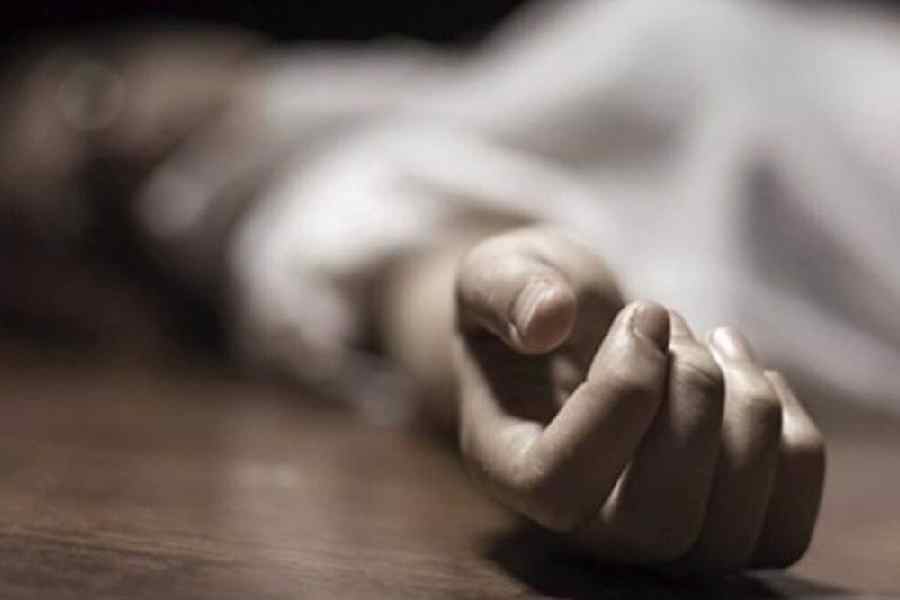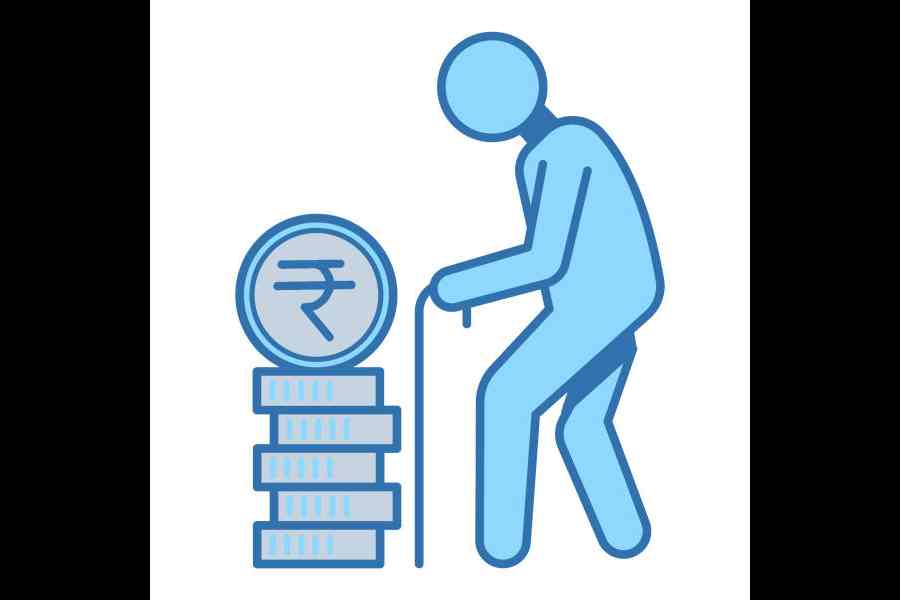|
|
Among the most heartening features of the ongoing 14th general election was the appeal to the nation by the president, A.P.J. Abdul Kalam, to come out and vote “positively” and in large numbers to make India a better place to live in. Routine as this may appear, the president’s invocation was a significant departure from the mood of cynicism that has been introduced by a self-absorbed media and an equally self-absorbed Election Commission.
It is necessary to dwell at length on the role of the EC as the custodian of Indian democracy. The constitutional autonomy conferred on the three-member EC is one of the highlights of the Indian system. As the independent body that sanctifies the democratic process, it is important for the EC to maintain a distance from both the government and the political class, if only to ensure the legitimacy of the election process. After all, there can be nothing more galling than a question mark to appear beside the final verdict. In 1972, for example, the then EC had sanctified an unfair poll in West Bengal, and in 1987, it had put its seal of approval on another equally flawed exercise in Jammu and Kashmir.
To be fair, ever since T.N. Seshan emerged as the great middle-class hero in 1994, imposing stringent guidelines for the conduct of the polls, the EC has not only insisted on its independent status, it has flaunted it, much to the discomfiture of the political class. Apart from Seshan, who emerged as a bulldog of democracy, other chief election commissioners have done their bit to highlight their distance from the governments of the day. In 1999, M.S. Gill unilaterally announced that the Kargil war could not be made a subject of partisan politics. In 2002, J.M. Lyngdoh took on the Gujarat government, led by Narendra Modi, headlong and delayed the state assembly polls by six months to allow post-riot passions to subside. And in this election, T.S. Krishnamurthy decided to be the vetting authority by introducing pre-censorship for all political advertising.
The media being the only barometer for assessing administrative decisions, the editorial classes have been remarkably appreciative of all initiatives by the EC, particularly those that rile the politicians. The decision to file a first information report against the Bharatiya Janata Party leader, Lalji Tandon, for his involvement in Lucknow’s sari-distribution tragedy was seen as an act of daring. Likewise, the EC’s blanket ban on all public meetings after 10 pm was interpreted as a great relief for all citizens from noise pollution. Even the minor drama staged by the district magistrate of Patna in informing the deputy prime minister, L.K. Advani, to wind up his speech at 10 pm was greeted as an act of fearlessness.
It is paradoxical that as facilitator of the carnival of politics, the EC has defined itself in an oppositional role to politicians. While some of that antagonism is unavoidable to maintain the sanctity of the exercise, the real question that has to be asked centres on the wider issue of democracy. How far has the EC succeeded in its primary task of strengthening democracy?
The report card, tragically, is not all that encouraging. The success of a democratic exercise lies in the voters exercising informed choice and being able to vote fearlessly in large numbers. If the trends available from the first round of polling are any indication, the EC’s record is mixed. In terms of arrangements, the EC and the administrative machinery have done a good job. However, judged from its ability to go beyond ritualism and impart life and vibrancy to democracy, the EC’s record is uninspiring.
The turnout figures speak volumes. According to preliminary estimates, the number of people who voted was at least five per cent lower than on previous occasions. There are fears that this trend may persist till the final round of polling on May 10.
Part of the reason for this fall lies in the weather. Large parts of India, particularly central and western India, are in the midst of summer, with afternoon temperatures touching nearly 40 degrees Celsius. The scorching sun has kept many people from travelling the distance to the polling stations, joining the queue and voting.
That the high temperatures would be a deterrent to high polling was well known. It is for this reason that the government had dissolved parliament with the view to completing the entire election by April 20. Unfortunately, the EC was insufficiently mindful of this legitimate political concern. Instead of rushing through the exercise and, perhaps, keeping an extended time-table only for sensitive constituencies, the EC chose to undertake the elections in a 21-day period. From the administrative point of view, this can perhaps be justified. But the human dimensions of the time-table were not taken into account.
Nor were special steps taken to ensure that voters were least inconvenienced by the scorching sun. The EC could well have taken the extraordinary step of extending the poll timings by an hour, adding 30 minutes at the start and another 30 minutes at the end. This would definitely have pushed up the turnout. Unfortunately, the EC, in good bureaucratic style, showed absolutely no feel for the spirit of democracy. It was guided by the principle of maximum inconvenience to the greatest number.
The EC, it would seem, has become excessively media-driven. Its priorities are now dictated by gimmicks and the need to capture headlines. Thus, an amazing amount of time, energy and money is expended on trivialities like putting covers on hoardings on the Golden Quadrilateral that carries the prime minister’s picture, preventing politicians from using government guest-houses during the campaign and video-taping political meetings. I even discovered that it violates the model code of conduct for Atal Bihari Vajpayee to give Advani a ride to the airport in his official car. Sometimes, there is the macabre temptation to play god. As chief election commissioner, M.S. Gill mooted the incredible proposal to transfer all responsibility for law and order to the EC for a specified period before the election. On his part, T.N. Seshan threatened to stay all elections until the Central government agreed to one of the EC’s proposals.
If the EC had expended as much energy in ensuring accurate and up-to-date electoral rolls as it did on frills and grandstanding, democracy would have been strengthened immeasurably. The real problem lies in the choice of EC members. Civil servants have an awesome knowledge of the administrative bandobast of elections, but they have no feel or are openly contemptuous of the political process. Some of this contempt may be warranted from personal experience. But when hang-ups, prejudices and a craving for self-publicity become the philosophy of an institution, the democratic temper takes a beating. As Indian democracy matures, it is also in danger of being stifled by a body that has no accountability to anyone.











